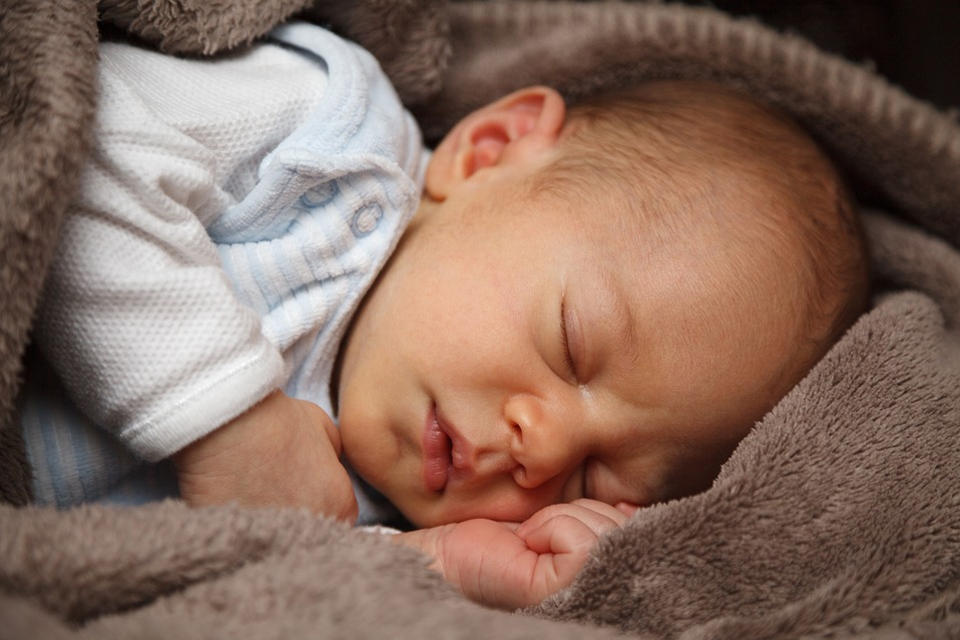Babies are adorable, innocent, wide eyed, and full of curiosity about the new world all around them. Babies bring instant smiles to strangers and can melt hearts with their laughs. You may think you know everything about these tiny humans, but one of the baby facts you may not be aware of is that newborns can not cry! They can defiantly howl and scream as many new parents know, but they do not produce tears until about three weeks old. Continue on to read more remarkable facts about babies!
8 Amazing Facts About Babies
- Babies are born with more bones than adults. (source) Babies have 300 separate bones but adults have 206. As babies grow, the bones fuse together during growth and the end result is 206 bones.
- Babies can feel touch even in the womb.(source) If a pregnant woman touches her belly, the fetus can feel vibrations even before birth. Touch is so important for babies and a powerful social and emotional gesture. Skin-to-skin contact soothes babies in pain or stress and help them grow and thrive.
- Babies come out of the womb ready to dance! (source) Scientists have found that babies are born with rhythm. Babies can respond to the rhythm and tempo of music and many times they find it far more engaging than speech.
- Babies require around 8-10 diapers a day in their first year of life. (source) That is 3,650 to 4,380 diaper changes a year!
- Babies are born adorable for a reason. (source) It is actually a evolutionary tactic for parents to love and take care of babies that are otherwise helpless. Their big eyes, cute chubby bodies, and sweet-smelling skin give parents a biological reason to provide comfort and safety.
- Every baby is given a due date but those are only accurate 4% of the time. (source) A due date’s main purpose is to “define a metric for the care” for the birth mom during her pregnancy.
- A newborn baby’s stomach is only about the size of a hazelnut. (source) Many new parents don’t understand this and it can lead to frustrations with breast feeding. As a new born their stomach can hold less than an ounce of milk. By 10 days old, their stomach is the size of a golf ball.
- Babies will naturally open their eyes and hold their breath when submerged in water, this is a natural reflex called the bradycardic response. (source) Although this does not mean a baby can swim, babies still have a large risk of drowning, which is why it is so important to teach pool safety, swimming lessons and always keep eyes on your baby!




